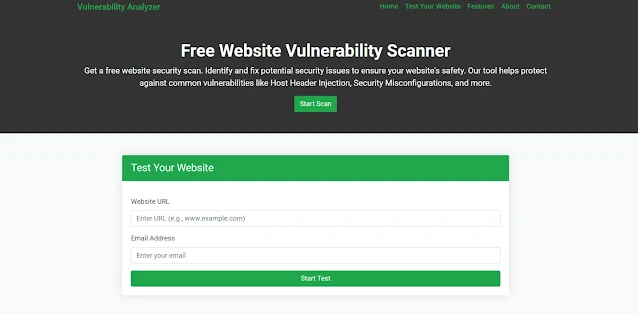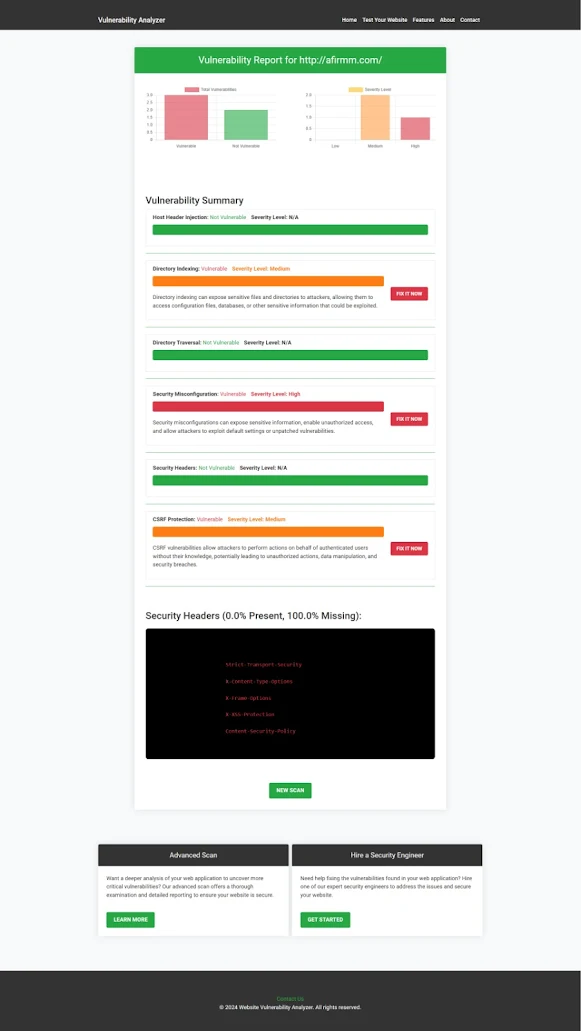How to Protect OpenCart Store from SQL Injection (SQLi)
Introduction
Securing your OpenCart store from cyber threats is essential for maintaining a safe online shopping environment for your customers. One common and dangerous attack method is SQL Injection (SQLi), which allows hackers to manipulate your database and access sensitive information. In this article, we’ll go over what SQL Injection is, why it’s especially harmful to OpenCart users, and how to prevent it effectively.
Understanding SQL Injection (SQLi)
SQL Injection is a security vulnerability where attackers insert malicious SQL code into your website’s database queries, often through form inputs or URL parameters. This lets them retrieve or even alter sensitive data, posing a risk to your customers’ privacy and your store’s reputation.
Why SQL Injection is a Threat to OpenCart
For OpenCart users, SQL Injection can lead to a range of security issues, from leaking customer details to giving attackers control over site functions. To keep your store secure, you’ll need to recognize potential vulnerabilities and adopt preventive measures.
How to Check for SQL Injection Vulnerabilities
While some signs of SQL Injection attacks are easy to detect, like unusual error messages, many attacks go unnoticed without dedicated tools. Conducting regular vulnerability assessments is a proactive way to identify and mitigate SQLi risks.
 |
| Here’s a screenshot of our free tools page on Pentest Testing, which offers resources to detect vulnerabilities in your OpenCart store. |
Steps to Protect Your OpenCart Store from SQL Injection
Filter and Sanitize Inputs: Only accept properly formatted data from users. By sanitizing input fields, you can prevent attackers from inserting harmful SQL code.
Use Parameterized Queries: Instead of embedding user data directly in SQL queries, use parameterized queries that separate data from commands, significantly reducing SQLi risk.
Perform Regular Security Audits: Regular audits help catch any potential issues before they become major problems. Free tools on sites like Pentest Testing and Cyber Srely are excellent resources for these assessments.
 |
This screenshot of a sample vulnerability report from our tool demonstrates potential risks and offers actionable solutions to improve security. |
Conclusion
Securing your OpenCart site against SQL Injection requires regular attention and the right tools. By following these steps and leveraging free resources from Pentest Testing and Cyber Rely, you can better safeguard your eCommerce store and protect customer trust.
.webp)



Comments
Post a Comment